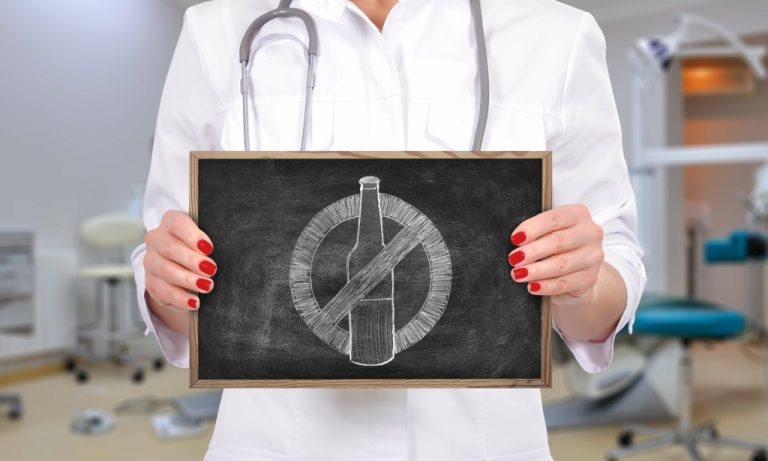The process of addiction treatment and recovery entails dismantling your life, clearing the state, and starting fresh. Committing to your sobriety often means that you may have to avoid spending time with friends or family members who engage in substance abuse, especially in the early days. Whether it’s hiking, swimming, yoga, cycling, pilates, joining a gym, or a team sport, exercise can take things to a whole other level. Another reason to start exercising is to meet others dedicated to living a healthy lifestyle, which will help support your newly found healthy habits. Although now you’re clean and sober, are you in good health? Those who start exercising can feel a world of difference regarding improving overall brain health, boosting energy levels, feeling of self-confidence, and sense of well-being.

Eminem, Addiction, and Exercise
- Having friends who drink alcohol or use drugs can cause you to relapse.
- Exercise is an excellent way to reduce the intensity of cravings, make them feel much less powerful, and help the recovering person control or reduce the frequency and intensity of these cravings.
- Recovery involves rebuilding a life— returning to wellness and becoming a functioning member of society.
Some of the most helpful strategies for dealing with cravings are summarized in the acronym DEADS. No matter which pathway of recovery a person chooses, a common process of change underlies them all. The well-researched science of behavior change establishes that addictive behavior change, like any behavior change, is a process that starts long before there’s any visible shift in activity. Relapse is common and experts see it as an opportunity for learning about and overcoming impediments to change.
- Creating a repeatable routine helps you establish a rhythm to your days.
- Addiction is a lonely and isolating experience, often pushing those closest to us away.
- Identify other factors in your life—relationships, work—that can help take the focus off addictive behaviors.
- So far, the Bombay Community has treated 70 to 80 people, volunteers said.
Rebuilding Your Life After Addiction: 10 Tips for a New Start
- It’s important to find people you can connect with who relate to what you are going through and can offer advice and support.
- It also shows your commitment to the recovery process and can teach you both coping and support strategies.
- However, it’s important to realize that these negative feelings are actually hindering you from moving forward.
- Planning in advance a way out of high-risk situations—whether an event, a place, or a person—helps support intentions in the face of triggers to use.
- In one set of studies looking at some measures of dopamine system function, activity returned to normal levels after 14 months of abstinence.
Consequently, there is an urgent need to explore non-pharmacological and patient-centered strategies that are safe, feasible, and easily integrated into adult daily routines. A recent major study published in 2024 showed exercise is an effective depression treatment. With hard work, patience, and love (for yourself and others), reconnecting with the people you care about most and building new, stronger relationships is totally possible. If you Top 5 Advantages of Staying in a Sober Living House need further help or support during the relationship recovery process, consider speaking with an individual, family, or couples therapist. “They can also begin to rebuild trust with their partner through this process, which involves increasing transparency and honesty, as well as taking steps to build healthier behaviors,” she adds. Navigating relationships while in recovery can be challenging, but you can rebuild trust and repair bonds.
Tips To Rebuild A Healthy Life After Addiction
It’s essential to be grateful for what you have in life, no matter how small. Practicing gratitude can help you shift your focus from what you don’t have to what you do have and can help you find meaning and purpose in your life. https://marylanddigest.com/top-5-advantages-of-staying-in-a-sober-living-house/ Addiction can take over your life, leaving little room for hobbies or passions. This will give you a sense of purpose and fulfillment outside of your addiction. People in recovery often face challenges and obstacles along the way.

Granite Mountain Behavioral Healthcare can help get you back on track and guide you in continuing your path to sobriety. And with unexpected things in life like a global pandemic can disturb even the strongest of sober minds. This is why it is crucial to have a solid team to help you through the rehab journey. In addition to individual therapy, family therapy can be beneficial for mending ties and rebuilding relationships that may have been damaged during the addiction. Remember, your loved ones can be an important source of motivation and purpose as you continue your recovery journey. So, if you still feel a divide between you and a family member, it’s best to get help as soon as possible.

- Sleep is essential for shoring up impulse control and fostering good decision-making.
- Additionally, no one should be afraid to ask for help, and living in a sober living facility may give the individual the courage to reach out if they need more support.
- This can be challenging because it’s hard to recognize or establish your limitations.
- In some cases, just carrying drug paraphernalia is enough to land an individual into legal hot water, resulting in fines or a criminal record.
- They also value having role models of recovery and someone to call on when the recovering self is an unsteady newborn.
- In some cases, the relationship never returns to what it was prior to the chaos and heartbreak of addiction.